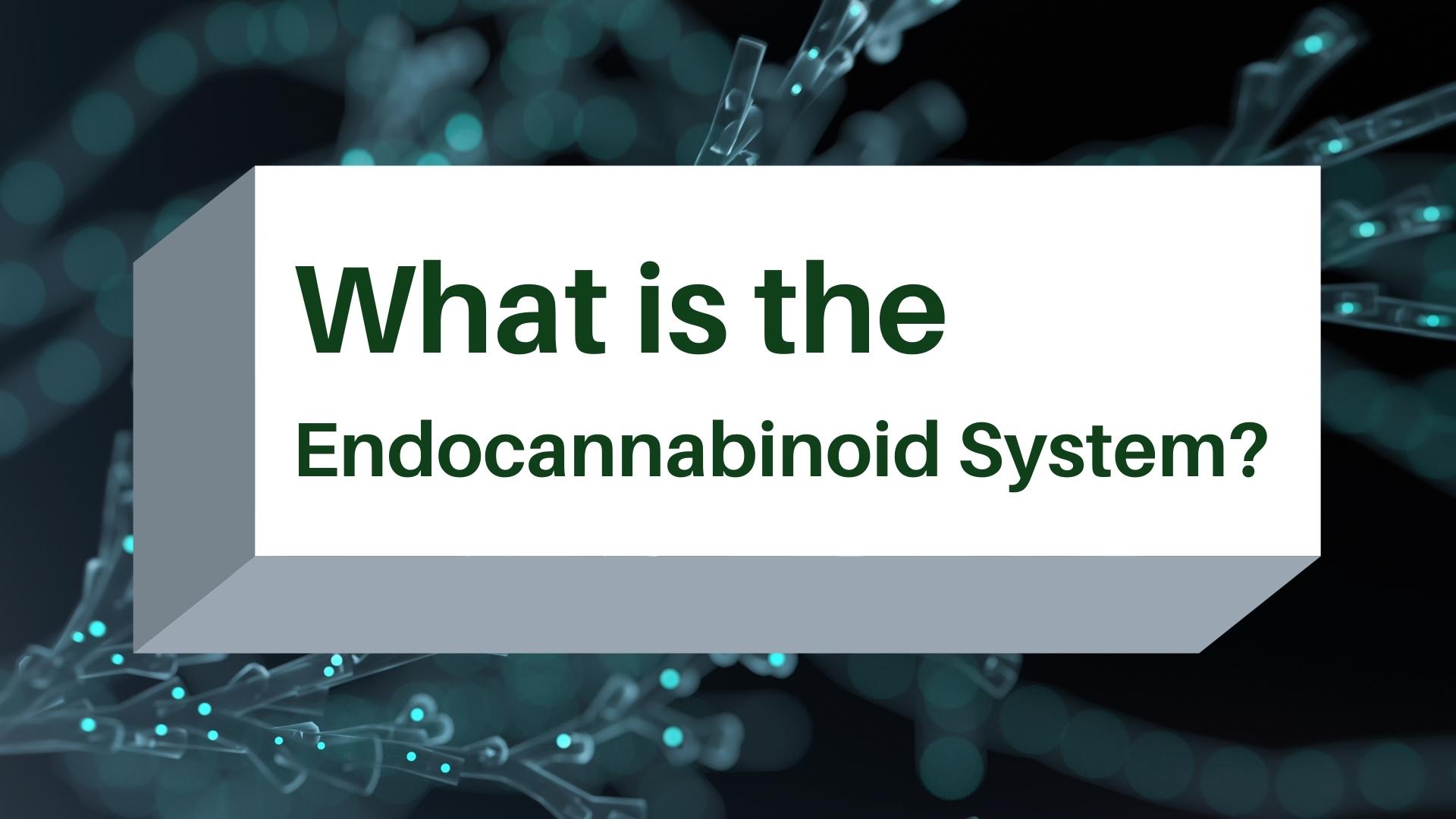Humans are the most complex organisms on the planet, and the bodies we inhabit require a legion of things taking place all at one time in order for us to function properly. While you may know that your body has a central nervous system (CNS), cardiovascular system, and even an immune system, you also have an endocannabinoid system. What is the endocannabinoid system (ECS), and why is this human-body system so important? Let’s take a closer look.
What is the ECS?
The scientific definition of the endocannabinoid system is that it is a widely distributed neuromodulatory collection of cannabinoid receptors, body-made (endogenous cannabinoids), and enzymes that regulate the production and breakdown of endocannabinoids.
In English: The ECS is a system of receptors, endocannabinoids, and enzymes that utilizes multiple channels to control a ton of different actions that take place in your body.
The receptors of the ECS are actually found in various places, and are referred to as CB1 and CB2 receptors. These receptors are found throughout the CNS—most notably in the brain, in the immune system tissues, and digestive system.
The Functions of the ECS
CB1 and CB2 receptors regulate a lot of different important functions. In a way, these receptors act as these little regulators to decide how to respond to different levels of endocannabinoids at any given time in the body. For example, if the brain believes the body needs to be alert, hungry, satiated, sleepy, or even cooler or warmer, the ECS works hard to make those actions happen. In theory, then, the ECS may:
- Control appetite, hunger, or feeling full
- Stabilize immune system responses
- Help support a healthy sleeping pattern
- Contribute to the body’s stress response
- Support reproductive functions
- Contribute to bone growth and remodeling
- Support the formation of certain cells
Because receptors of the ECS are so widely abundant in the brain, these receptors are also thought to influence everything from mood to memory retention.
The ECS in Relation to Cannabis
As noted above, the body produces endogenous cannabinoids (endocannabinoids). One of the very first discovered was anandamide, which seems to heavily influence your mood. The cannabinoids in cannabis, considered exogenous (outside source) or photo (plant-derived) cannabinoids, have similar molecular structures as cannabinoids the body produces.
When you introduce cannabinoids like CBD (cannabidiol) or THC (tetrahydrocannabinol) to the ECS, the cannabinoids interact with the ECS in different ways. For example, the most prominent cannabinoid found in hemp, CBD, seems to have both indirect and possibly direct effects on the ECS, possibly even supporting how the body responds to its own endocannabinoids. This is why this particular hemp constituent has been found to offer so many benefits, such as supporting better sleep, deterring anxiety, and possibly curbing inflammation.
When you learn about the ECS and all of the ways this intricate system is important to our complex human bodies, it is easy to gain an even bigger appreciation for hemp and the cannabinoids it offers. Our bodies are designed to work with cannabinoids, both human-made and plant-derived, and this could mean a lot to health and wellness support.
Give the ECS a Full-Spectrum Experience
To get the most from cannabinoids when it comes to the ECS, some research indicates they perform better when consumed alongside other natural plant compounds. So, instead of taking just isolated CBD, you may have more profound effects by using a full-spectrum product with other cannabinoids, terpenes, and plant derivatives. This is why at Hunger Mountain Hemp, we focus on full-spectrum hemp-derived products. Take a look at our collection to find the product that gives your ECS the most support.
Copyright © 2026 Hunger Mountain Hemp |
Site by CannaPlanners





